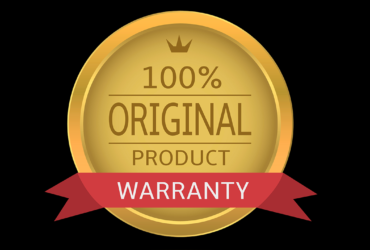The uniform commercial code is the national body of law for all commercial transactions of goods between buyers and sellers
The Uniform Commercial Code (UCC) is a federal Act (model code) governing the sale of goods between merchants and between merchants and consumers.
The purpose of the UCC was to provide a unified body of commercial law that all states could apply in their own commercial settings.
Currently, the UCC has been adopted by all 50 states. Notwithstanding, many states have customized terms of the code to meet their own states’ unique commercial needs and context, which has provided them with some degree of flexibility.
The UCC contains numerous sections that cover specific types of commercial transactions, including:
- Sales And Leases
- Negotiable Instruments
- Bank Deposits
- Collections
- Transfers
- Letters of Credit
- Bulk Transfers
- Bulk Sales
- Documents of Title
- Investment Securities
- Secured Transactions
The major distinction between the UCC and other types of seller-buyer law is that the UCC only applies to transactions involving goods. The term “goods” has a precise meaning within the code:
Goods are defined by the UCC (Section 2-105) as all tangible and moveable items identified when the contract was first made.








